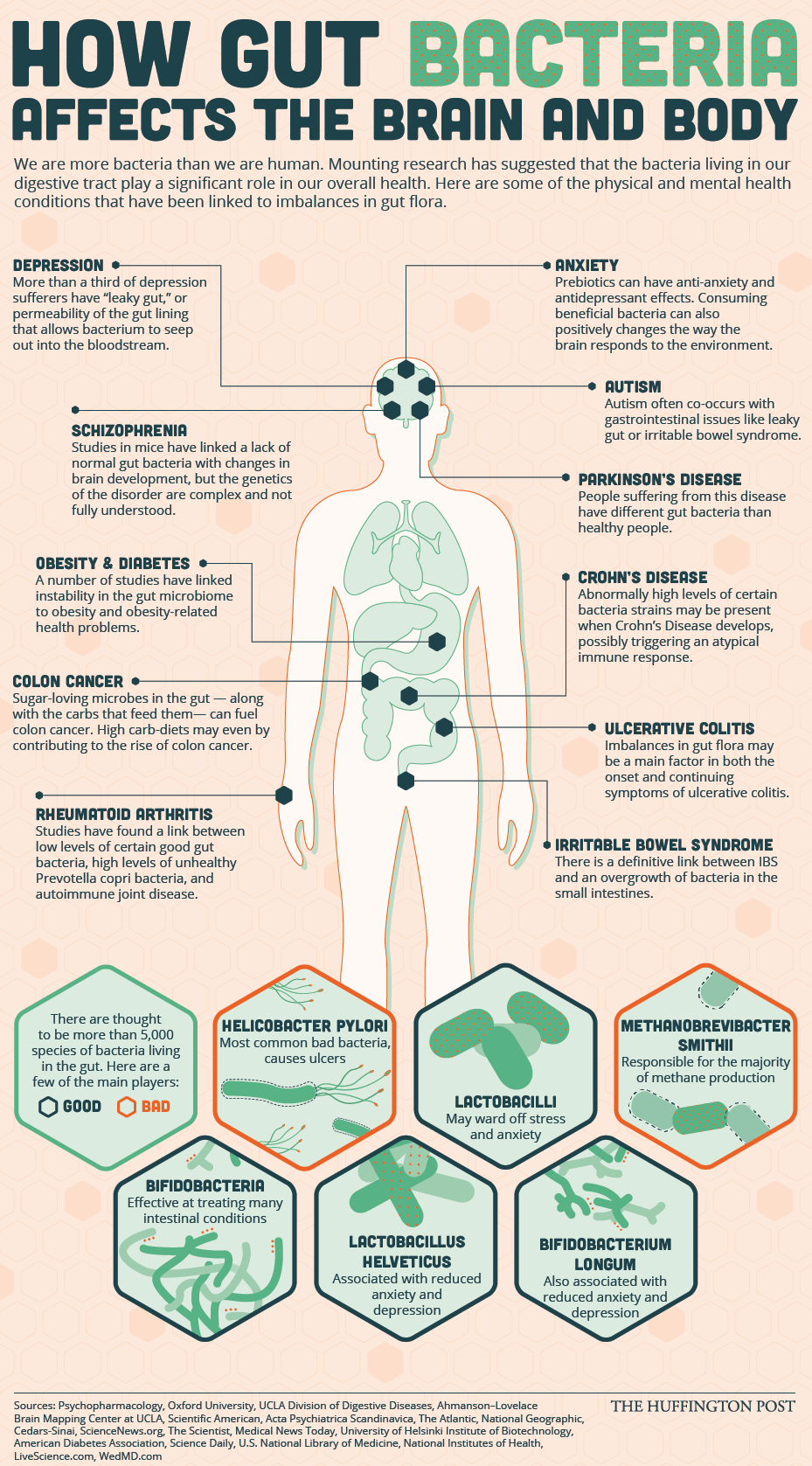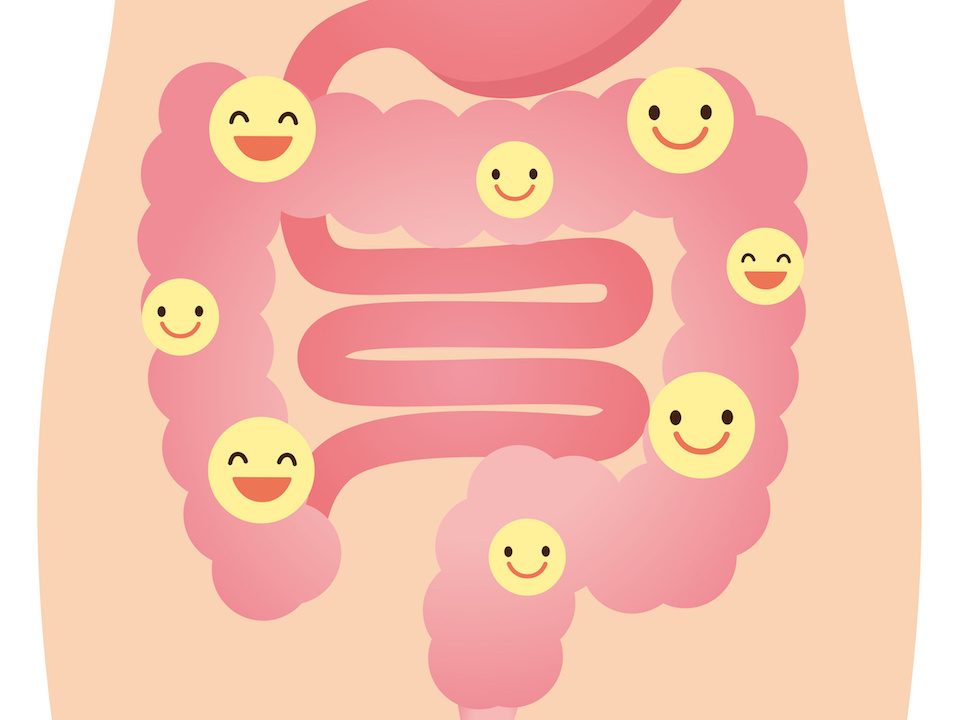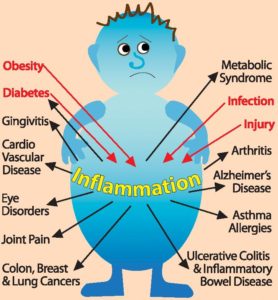Top Tips for a Healthy Gut
We have all heard the saying “listen to your gut”. This phrase tends to mean “ listen to your intuition” but it could just as well apply to paying attention to how your digestion is functioning. Do you suffer bloating after eating, loose stools or tummy cramps? Are you feeling tired, have no energy and just generally don’t feel well nourished?
to how your digestion is functioning. Do you suffer bloating after eating, loose stools or tummy cramps? Are you feeling tired, have no energy and just generally don’t feel well nourished?
Life’s stresses and strains take their toll on our health – What you eat, drink and think can deeply affect the workings of the gut. Digestive issues can have a huge impact on health, wellbeing, strength and vitality. Many diseases affect the gastrointestinal tract – irritable bowel syndrome, indigestion, leaky gut or gut dysbiosis, colitis, chrohns disease, coeliac disease or gastroesophageal reflux.
Your digestive tract is more than just a tube that holds and processes food. It also houses a part of your immune system in the form of a bacterial barrier of good and bad bacteria in the gastrointestinal mucosa. The gut also absorbs nutrients and fight off bugs by identifying toxins, viruses or allergens that could cause you to be ill. Usually a greater proportion of good bacteria keep things in balance and under control but stress, poor diet, medications, structural problems, toxins or illness can all allow bad bacteria to overtake the good bacteria resulting in chronic health issues.
Usually we don’t notice all of these inner workings but when something goes awry and we get a twinge or a cramp, gas or explosive diarrhoea, we are forced to face it.
Tips for maintaining a healthy gut:
-
Eat as healthily as you can
Choose whole foods and avoid white, refined processed foods. The first place to start is your diet when trying to improve your digestion as what you eat each day will have an impact on good digestion and overall health. Fruits, vegetables and whole grains contain vitamins, minerals and phytochemicals which are nourishing and excellent sources of fibre, vitamins and minerals. Eating smaller portions, eating at regular times and stopping to enjoy your food are all ways to help your body do its job. Some people feel better avoiding wheat, as the gluten in it can cause bloating and stomach problems.
-
Help the good bugs
We have around 400 different kinds of friendly bacteria in the gut. Adding probiotics and prebiotics to our diet increase the levels of good bacteria in the gut. Probiotics are friendly bacteria, and the more there are of them, the less chance bad bacteria have to take over. Take a good probiotic supplement and add prebiotic foods such as yoghurt, miso, kimchi, kefir, tofu, sourdough bread and sauerkraut to your diet. A glass of warm water with apple cider vinegar or lemon juice on waking gives the digestion a good kick start for the day.
-
Fibre
Fibre is found in fruits, vegetables (think broccoli, spinach, cauliflower, carrot) whole grains, beans and lentils. Drink plenty of water and fluids as fibre absorbs water as it moves through the digestive tract helping to soften the stool and lubricate the food waste in the digestive tract. Fibre is found in wholemeal bread, wheat germ, chia seeds, sunflower seeds, prunes, fruits, oats, potatoes, lentils, figs, vegetables and bran. Linseed and psyllium husks can be very beneficial.
-
Chew thoroughly
It sounds fairly obvious doesn’t it, but many of us don’t slow down and chew our food properly. We eat on the run, in front of the TV, bolt food down to get on to the next task in our day. Your stomach will accept just about anything you send it but digestion is a highly complex process, starting with the digestive juices which process the food we have eaten, and the release of digestive enzymes and saliva to help break food particles down into smaller ones. The slower you eat and the more you chew your food, the less work your digestive tract has to do to process it. If you are finding large particles of unchewed food in your bowel movements you definitely need to rethink how you are chewing your food!
-
Lessen stress
Exercising is a great relaxant and stress reducer. Walking, yoga or pilates help the digestive stimulate the activity of the intestinal muscles. We know that the digestive tract is influenced by the nervous system, so if you are feeling emotional, anxious, frightened or stressed the nervous system can shut the digestion down for a time till the perceived threat has passed. Sometimes the reaction is severe enough to cause diarrhoea and tummy cramps so cultivating a calm attitude with exercise, mindfulness practises, meditation and breathing practise can really help.
Herbs to try:
Slippery Elm is a fantastic demulcent, soothes the gut and coats the gut walls. Great for soothing ulcers and inflammation.
Chamomile – prevents or relieves stomach cramps, calms the nerves, anti gas and bloating, helps nausea, heartburn and headaches.
Lemon balm – calms the digestive system, contains many vitamins and minerals, helps abdominal pain, gas and bloating.
Ginger – Improves the digestive system, stimulates, helps in the absorption of nutrients.
Fennel seeds – relieve nausea, gas and stomach cramps, helps indigestion and bloating.
Dandelion root and leaf – improves digestion, and act as mild laxative agent.
Peppermint – relieves upset stomachs, calms digestive spasms, relieves gas and reducing pain and discomfort.
Remember too: if you’re looking for the best quality products, speak with us. Our practitioner grade products are designed to help you get better results so pop in to the clinic, book and appointment or give us a call to find out what may be your best course of action.
References:
Beers, M. P. (2006). Merck Manual (18th ed). New Jersey: Merck Research Laboratories.
Braun, L. .. (2007). Herbs and Natural Supplements – an evidence based guide (2nd ed). Chatswood: Elsevier.
H, O. (2011). The Nutrient Bible 8th Edition. Queensland: Bio Concepts.
Hechtman, L. (2012). Clinical Naturopathic Medicine. Chatswood: Elsevier.
Holford, P. (2009). Improve Your Digestion.
King, J. (2000). Mayo Clinic on Digestive Health. New York: Kensington.
Osiecki, H. (2008). The Physicians Handbook of Clinical Nutrition (7th ed). Queensland: A C Publishing.
Sarris, J. W. (2010). Clinical Naturopathy – an evidence based guide. Chatswood: Churchill Livingstone.






